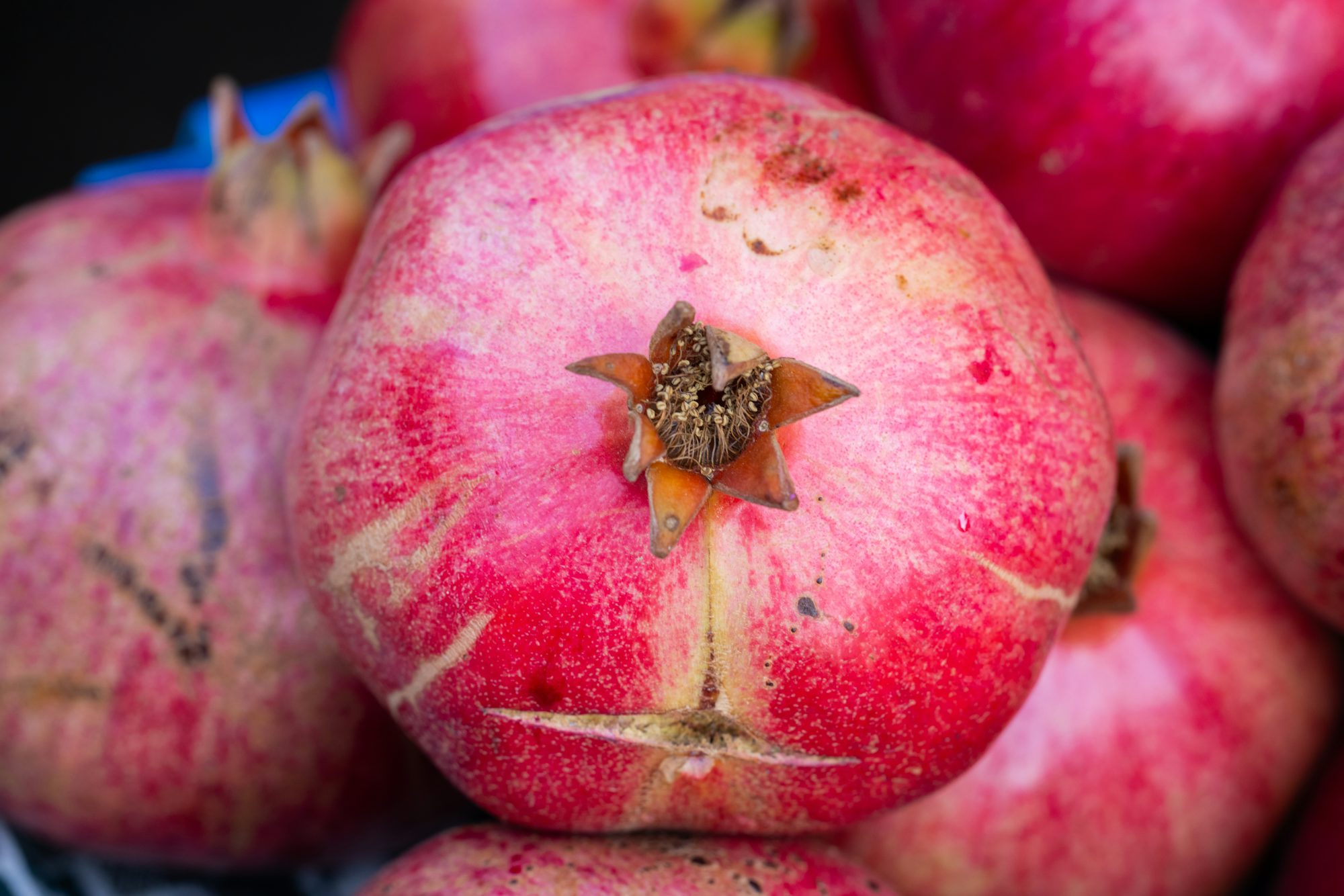
Embracing Plant-Based Eating: A Path to diabetic retinopathy Wellness
In recent years, plant-based eating has gained significant popularity, not just as a dietary trend but as a holistic approach to health and wellness. Embracing a diet rich in plant foods can offer numerous benefits, including improved health, environmental sustainability, and culinary diversity. This article will explore the advantages of plant-based eating, practical tips for transitioning to this lifestyle, and delicious ways to incorporate more plant foods into your diet.
A plant-based diet emphasizes the consumption of fruits, vegetables, whole grains, legumes, nuts, and seeds while minimizing or excluding animal products. One of the most significant benefits of this dietary approach is its potential for improved health. Research suggests that individuals who follow a plant-based diet may experience lower risks of chronic conditions such as heart disease, obesity, and type 2 diabetes. The abundance of vitamins, minerals, antioxidants, and fiber found in plant foods contributes to overall well-being and can enhance immune function.
Fiber, in particular, is a standout component of a plant-based diet. It plays a crucial role in digestive health by promoting regular bowel movements and supporting a healthy gut microbiome. Foods high in fiber, such as beans, lentils, whole grains, and fruits, can help regulate blood sugar levels and reduce cholesterol, contributing to heart health. By incorporating a variety of fiber-rich foods into your diet, you can foster a sense of fullness that aids in weight management, making it easier to maintain a healthy weight over time.
Another benefit of plant-based eating is its positive impact on the environment. The production of plant foods generally requires fewer resources, such as water and land, compared to animal agriculture. Additionally, plant-based diets tend to have a lower carbon footprint, which can contribute to reducing greenhouse gas emissions. By choosing plant foods over animal products, individuals can make a meaningful contribution to environmental sustainability and combat climate change.
Transitioning to a plant-based diet may seem daunting, but it can be done gradually and enjoyably. Start by incorporating more fruits and vegetables into your meals. Aim for variety by choosing colorful produce that is in season. Experimenting with different cooking methods, such as roasting, steaming, or grilling, can bring out unique flavors and textures in plant foods. Moreover, aim to fill half your plate with vegetables at each meal to increase your intake and enjoy their nutritional benefits.
Incorporating legumes is another excellent way to enhance your plant-based diet. Beans, lentils, and chickpeas are not only rich in protein but also packed with fiber and essential nutrients. They can be added to salads, soups, and stews, or even used as a base for plant-based burgers. For those concerned about protein intake, legumes serve as a fantastic alternative to animal protein, offering sustained energy and promoting muscle health.
Whole grains should also take center stage in a plant-based diet. Unlike refined grains, whole grains retain their nutrients and fiber, contributing to better digestion and overall health. Options such as quinoa, brown rice, barley, and oats can be used in various dishes, providing a hearty base for meals. Whole grains are versatile and can be enjoyed in salads, as side dishes, or in breakfast bowls, making them easy to incorporate into daily eating habits.
Nuts and seeds are another essential component of a plant-based diet, offering healthy fats, protein, and various micronutrients. Almonds, walnuts, chia seeds, and flaxseeds are great additions to smoothies, oatmeal, or salads. They provide a satisfying crunch and can help keep you full between meals. However, it’s essential to be mindful of portion sizes, as nuts and seeds are energy-dense foods.
While transitioning to a plant-based diet, consider exploring various cuisines that celebrate plant-based ingredients. Many cultures have rich culinary traditions that center around fruits, vegetables, grains, and legumes. Indian cuisine, for example, offers an array of flavorful vegetarian dishes, while Mediterranean diets emphasize fresh produce, legumes, and healthy fats. By experimenting with different recipes and cooking styles, you can discover new favorites that make plant-based eating exciting and enjoyable.
Meal planning is a practical strategy that can make the transition to plant-based eating more manageable. By planning your meals for the week, you can ensure a balanced intake of nutrients and reduce the likelihood of reaching for less healthy options. Include a variety of foods in your plan to ensure you meet your nutritional needs. Batch cooking and preparing meals in advance can save time during busy weeks and help you stay on track with your dietary goals.
As you embrace plant-based eating, it’s essential to remain mindful of nutrient intake, particularly for nutrients commonly found in animal products. For instance, vitamin B12 is crucial for nerve function and is primarily found in animal foods. Those following a strict plant-based diet may consider fortified foods or supplements to ensure adequate intake. Similarly, iron, which is abundant in animal sources, can be obtained from legumes, nuts, seeds, and leafy greens. Pairing these iron-rich foods with vitamin C sources, such as citrus fruits or bell peppers, can enhance iron absorption.
Omega-3 fatty acids, important for heart and brain health, can also be a concern in plant-based diets. Flaxseeds, chia seeds, and walnuts are excellent plant sources of omega-3s, providing essential fatty acids that can support overall health. Including these foods in your diet can help ensure you meet your omega-3 needs without relying on fish.
One common misconception about plant-based diets is that they can be limiting or bland. In reality, a plant-based diet can be incredibly diverse and flavorful. With countless fruits, vegetables, grains, legumes, nuts, and seeds to choose from, the possibilities for culinary creativity are endless. Embracing spices and herbs can elevate the flavor of plant-based dishes, making them enjoyable and satisfying.
Social situations can pose challenges for those adopting a plant-based lifestyle, especially when dining out or attending gatherings. However, with a bit of preparation, you can navigate these scenarios with ease. Research restaurants that offer plant-based options, and don’t hesitate to ask for modifications to accommodate your dietary preferences. When attending social events, consider bringing a plant-based dish to share, showcasing the delicious possibilities of plant-based eating.
In conclusion, embracing a plant-based diet offers numerous benefits for health, the environment, and culinary enjoyment. By focusing on whole, minimally processed foods, individuals can enhance their nutrient intake and support overall well-being. Transitioning to a plant-based lifestyle doesn’t have to be an all-or-nothing approach; it can be a gradual process that allows for flexibility and exploration. By incorporating more plant foods into your meals, you can embark on a fulfilling journey toward improved health and sustainability, making a positive impact on both your life and the planet.

